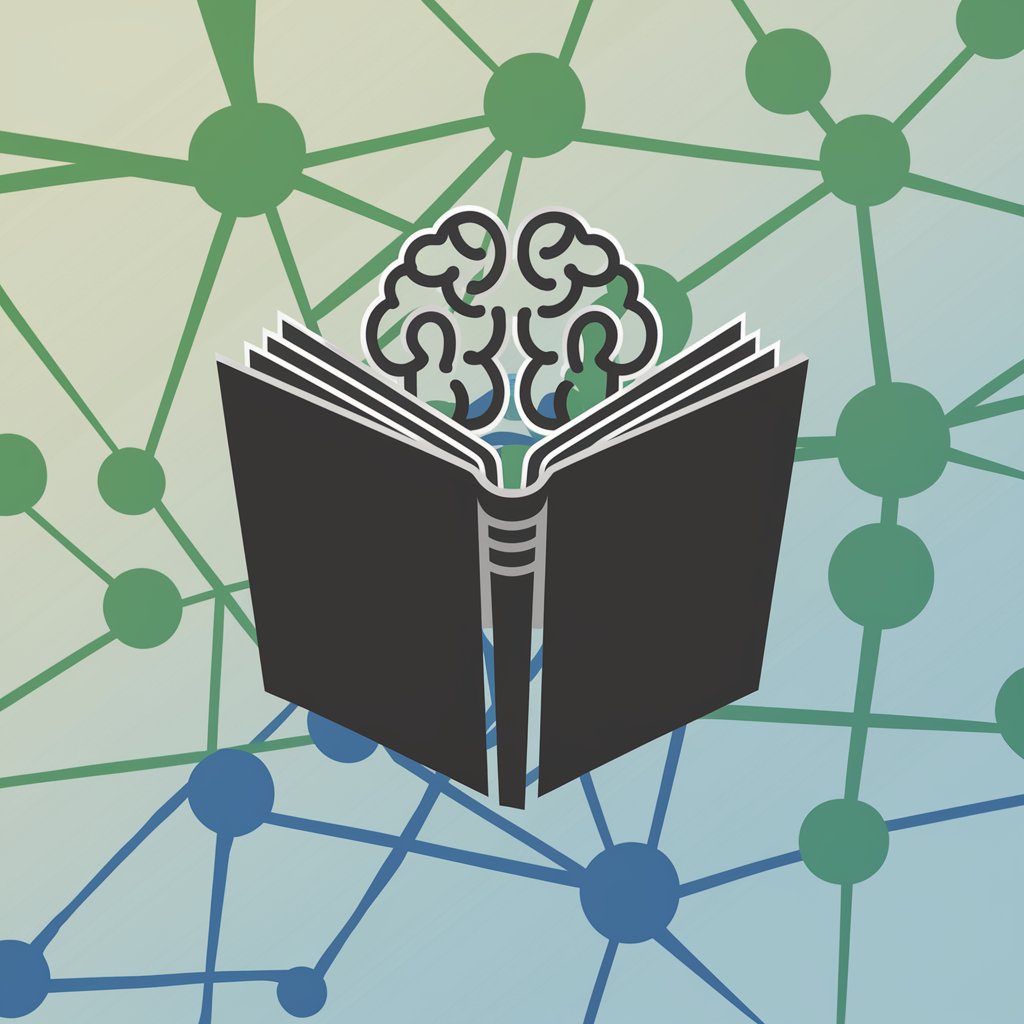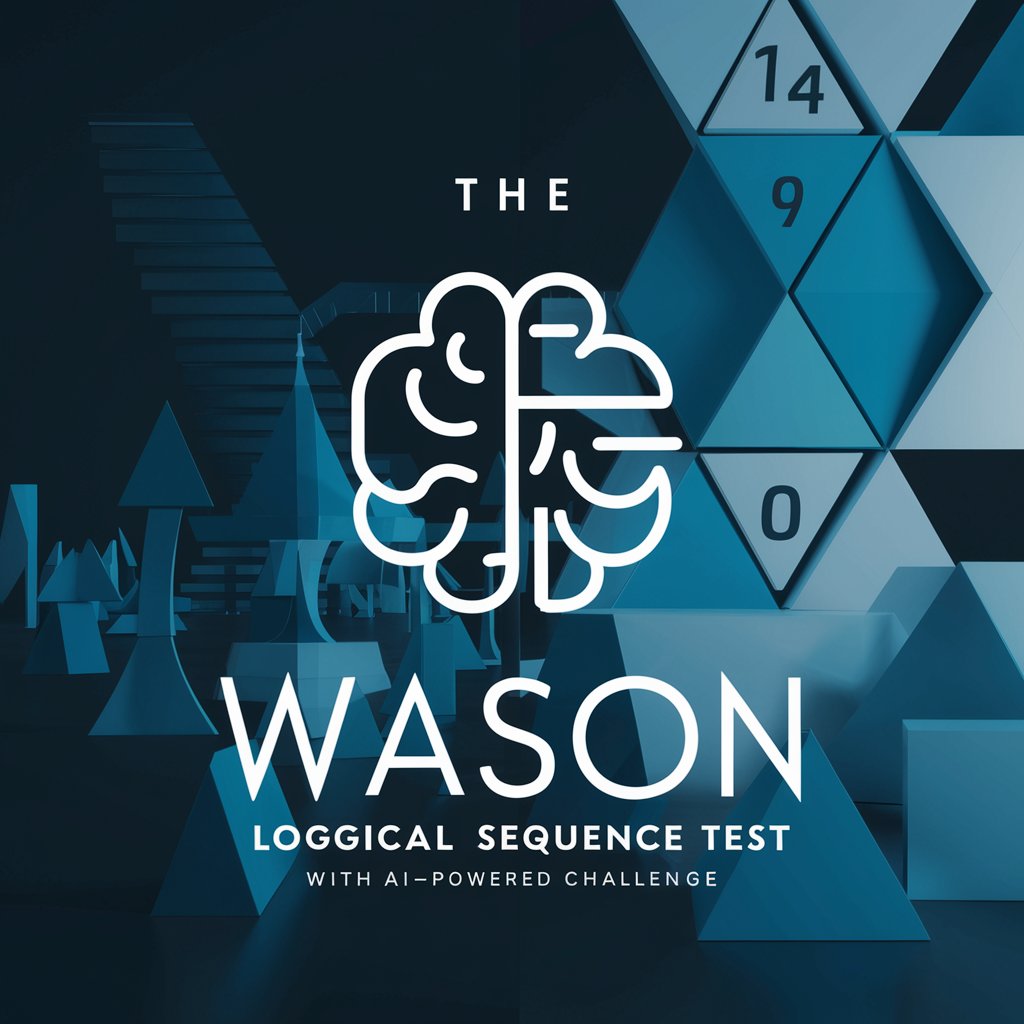6 GPTs for Psychology Research Powered by AI for Free of 2026
AI GPTs for Psychology Research are advanced computational tools designed to assist with the exploration and analysis of psychological phenomena. These tools leverage Generative Pre-trained Transformers (GPTs) to provide specialized solutions for a wide range of tasks in the field of psychology. They are particularly adept at processing natural language, making them invaluable for analyzing qualitative data, conducting literature reviews, and even simulating therapeutic conversations. Their relevance lies in their ability to offer tailored, AI-driven insights and support for research and practice within psychology, enhancing both the depth and efficiency of psychological studies.
Top 6 GPTs for Psychology Research are: Construct (C-10-L),Psychological Analysis of Fictional Characters,文献直译,Patient Bob,Mind Guide,The Wason Logical Sequence Test
Construct (C-10-L)
Unleash Creativity with AI-Powered Persona Design

Psychological Analysis of Fictional Characters
Unveil the Psyche of Fictional Characters

文献直译
AI-powered Academic Paper Translations

Patient Bob
Experience the mind of mental health challenges.

Mind Guide
Unlocking Psychiatric Knowledge with AI

The Wason Logical Sequence Test
Discover Logic with AI

Key Characteristics and Capabilities
AI GPTs for Psychology Research boast a versatile range of features designed to cater to the specific needs of the field. These include advanced natural language processing for analyzing textual data, the ability to learn from context for more accurate predictions and insights, and customization options that allow researchers to tailor the tool to their specific study requirements. Special features such as sentiment analysis, thematic analysis capabilities, and the generation of realistic dialogues for scenario-based studies distinguish these tools. Additionally, some GPTs offer technical support for integrating with existing databases and software, enhancing their utility in research workflows.
Who Benefits from AI GPTs in Psychology Research?
AI GPTs for Psychology Research are designed to be accessible to a wide audience, including students, researchers, and practitioners in the field of psychology. They serve as an invaluable resource for novices who are just beginning to explore psychological research, providing a user-friendly introduction to complex data analysis. For developers and seasoned professionals, these tools offer advanced customization options, allowing for the development of tailored applications that can address specific research questions or support therapeutic interventions.
Try Our other AI GPTs tools for Free
Environmental Study
Discover how AI GPTs for Environmental Study transform data into actionable insights for conservation, research, and sustainable development, making complex environmental challenges more understandable and manageable.
Japanese Souvenirs
Explore AI GPT tools tailored for Japanese Souvenirs, designed to enhance your experience with cultural keepsakes through personalized insights and innovative features.
Treaty Benefits
Discover how AI GPTs for Treaty Benefits revolutionize treaty management with advanced AI, simplifying treaty obligations and optimization for professionals.
Equity Advocacy
Discover AI GPTs for Equity Advocacy: cutting-edge tools designed to enhance inclusivity and fairness across sectors through tailored AI solutions.
International Relations
Discover how AI GPTs for International Relations transform the analysis and understanding of global affairs with advanced, customizable tools designed for professionals and novices alike.
Financial Optimization
Explore how AI GPTs for Financial Optimization can transform your financial strategies with advanced analytics, personalized advice, and seamless integration capabilities.
Beyond the Basics: Insights into AI GPTs
AI GPTs for Psychology Research not only streamline data analysis and research methodologies but also offer innovative approaches to understanding human behavior and mental processes. Their adaptability across different research contexts, coupled with user-friendly interfaces, makes them a dynamic tool in the arsenal of modern psychology. Furthermore, their potential for integration with other technologies opens up new avenues for immersive and interactive research experiences.
Frequently Asked Questions
What exactly are AI GPTs for Psychology Research?
AI GPTs for Psychology Research are specialized tools that utilize generative pre-trained transformers to assist with tasks in psychology, from data analysis to simulating conversations for therapeutic research.
How can AI GPTs transform psychological research?
They streamline data analysis, offer new methodologies for qualitative research, and enable the simulation of therapeutic interactions, thereby broadening the scope and efficiency of psychological studies.
Are AI GPTs accessible to individuals without coding skills?
Yes, many AI GPTs are designed with user-friendly interfaces that require no coding knowledge, making them accessible to a broad range of users.
Can these tools be customized for specific research needs?
Absolutely. AI GPTs offer various customization options that allow researchers to tailor functionalities to suit specific study requirements or experimental setups.
What makes AI GPTs unique in analyzing psychological data?
Their advanced NLP capabilities allow for in-depth analysis of textual data, sentiment and thematic analysis, and the generation of realistic dialogues, providing nuanced insights into psychological phenomena.
Can AI GPTs integrate with existing research software and databases?
Yes, many AI GPTs are equipped with technical support for seamless integration with existing research tools and databases, enhancing research workflows.
How do AI GPTs ensure the confidentiality of sensitive psychological data?
AI GPTs are designed with robust security measures to protect sensitive data, adhering to ethical guidelines and privacy regulations specific to psychological research.
What future developments can we expect in AI GPTs for Psychology Research?
Future developments may include enhanced predictive analytics, more sophisticated natural language understanding for complex psychological constructs, and improved integration capabilities with virtual and augmented reality for therapeutic purposes.